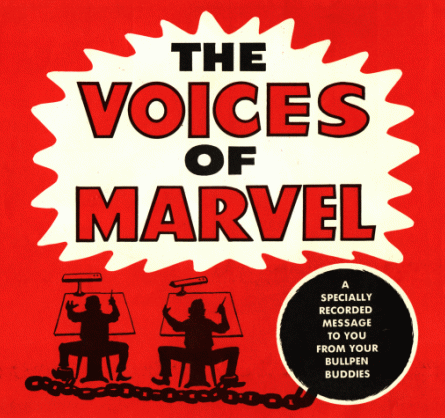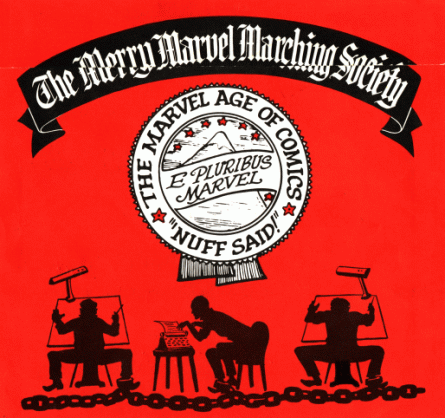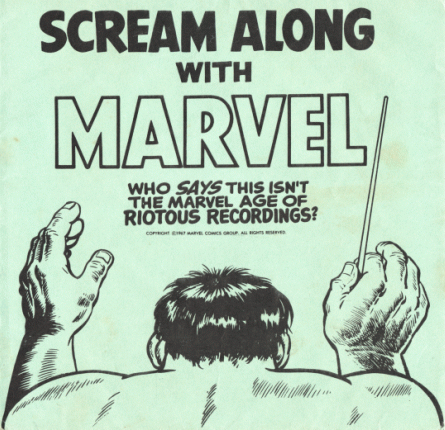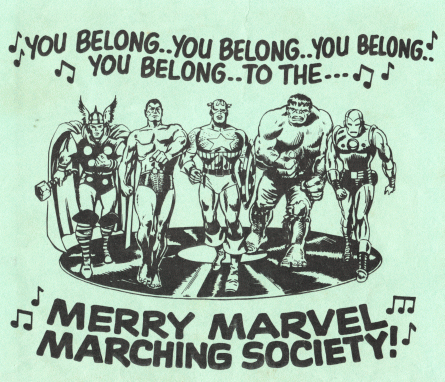The BBC documentary about comic book creator Steve Ditko is available on YouTube. Being lazy, I waited for Mark Evanier to provide the link. It’s a particularly good link, because it will play through the entire 60-minute program.
[NOTE: Well, this sucks. The playlist is gone and the player is SNAFU. Evanier’s embedded player is likewise broken. Once again I emphasize that when I can download from YouTube I do it. And I’ve done it just now.]
This sort of material is, in a way, validation of a hobby that I held onto so strongly, but only with some difficulty, in my youth. If you knew how tough it was as a 15-year-old to be enthusiastic about comic books back then, you’d appreciate how satisfying it is to see the people who created those comic books treated with the same respect as professionals in any other legitimate business. Much of the credit for that must be given to Stanley Lieber, otherwise known as Stan Lee.
Stan has always been a tirelessly upbeat promoter of the industry, and his praise for the work of others is undeniable. Every single Marvel Comics “Bullpen” artist — from Jack Kirby and Steve Ditko, to Gene Colan and John Romita, to Don Heck and Dick Ayers — did some of their best work for, and with, Stan.
As great a creative force as Jack Kirby was, his dialog was extremely stilted, to the point of sometimes being unreadable. As powerful as Kirby’s art was, the editors at Marvel’s competitor DC weren’t wrong in calling his characters ugly. Ditko’s drawings of people were likewise unattractive, to the point of being grotesque. Stan, as editor and art director, was essential to making it possible for Kirby and Ditko to realize their fantastic visions, and for making their work palatable to Marvel’s primary buying audience — children.
Having said that, I was a bit dismayed that Stan’s normally jovial composure broke somewhat when Jonathan Ross pressed him on the point of giving Steve Ditko co-creator status for Spider-Man. I fully appreciate the legal and financial ramifications of saying a character worth hundreds of millions of dollars belongs not to a corporation, but to people. Taking the next step and saying credit rightfully belongs to two people, not just one, further complicates the matter.
In the documentary, Stan explains that Ditko refused to accept use of the word “consider” in a letter that Lee wrote to Steve, acknowledging his contributions to the creation of Spider-Man. Lee seems to want to brush off the word as if it carries no implication, yet he uses it again when Ross insists on a clarification. The adult in me understands and accepts Lee’s position, but the fan in me is disappointed.






